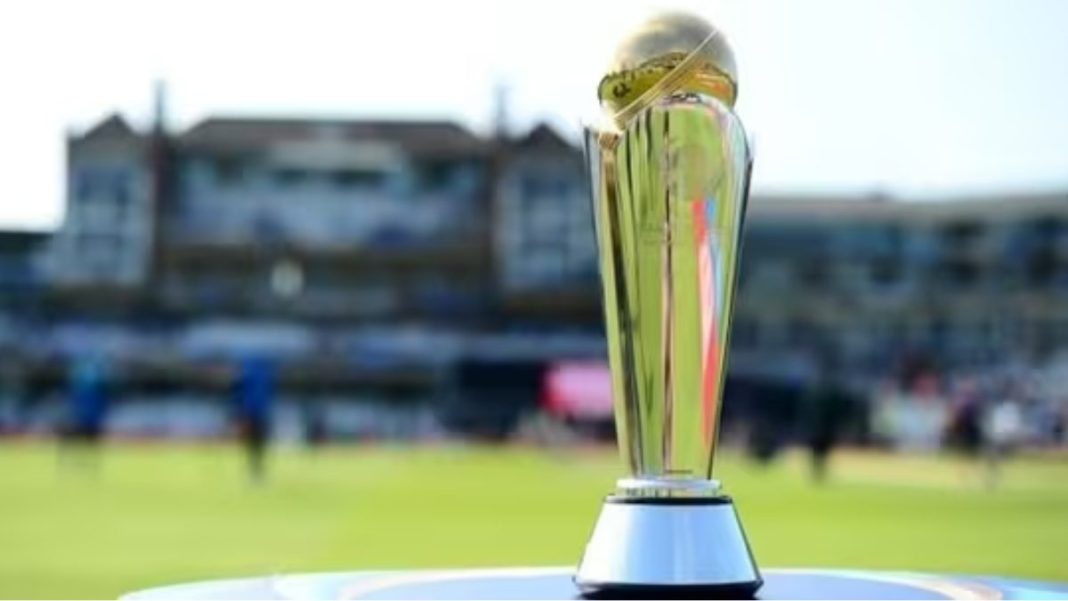London – England’s decision to play against Afghanistan in the upcoming Champions Trophy has sparked widespread political debate. The England and Wales Cricket Board (ECB) has faced pressure from over 160 British lawmakers to boycott the match, scheduled for February 26 in Lahore, Pakistan. These calls for a boycott stem from the Afghan Taliban’s oppressive treatment of women and girls since their return to power in 2021. Under the Taliban regime, Afghan women have been subjected to extreme restrictions, including bans on education, employment, and participation in sports. As a result, Afghanistan’s women’s cricket team has been disbanded, with many of its players fleeing the country to seek asylum abroad.
Prominent British politicians have rallied behind the boycott, including Labour MP Tonia Antoniazzi and former leaders Jeremy Corbyn and Nigel Farage. They argue that refusing to play against Afghanistan in the Champions Trophy would send a clear message condemning the Taliban’s human rights violations. Their stance is driven by a belief that the international sporting community should not ignore the dire situation in Afghanistan, especially given the Taliban’s systematic suppression of women’s rights.
Despite the pressure, the ECB has decided to move forward with the match against Afghanistan. The board has condemned the Taliban’s treatment of women and girls but emphasized the importance of a unified approach among all International Cricket Council (ICC) member nations. According to Richard Gould, the Chief Executive of the ECB, collective action would be more effective in addressing these human rights concerns. The board believes that a boycott by individual nations could harm the integrity of international cricket and weaken efforts to bring about meaningful change in Afghanistan.
The ECB’s decision has divided opinion within the cricketing world and beyond. Supporters of the ECB’s position argue that a coordinated approach with other ICC members would have a greater impact on Afghanistan’s treatment of women, while opponents contend that the ECB should take a more proactive stance in line with the values of equality and justice. The ongoing debate raises significant questions about the role of sports in promoting human rights and the extent to which individual nations should intervene in the political actions of others.
The Champions Trophy is one of the most prestigious cricket tournaments, and the scheduled match between England and Afghanistan has become a focal point for discussions on the intersection of sports and politics. The ECB’s decision to proceed with the match could set a precedent for how cricketing nations handle controversial regimes and human rights issues in the future. As the tournament approaches, the spotlight will remain on the ECB’s stance and its potential impact on the broader conversation around international sporting events and ethical responsibility.
This development underscores the complexities involved in balancing sportsmanship with social and political issues. While many supporters of the boycott see it as a moral imperative, the ECB’s position highlights the challenges of navigating international relations and the global sporting community’s collective responsibility toward promoting human rights.
BY – NIKITA



